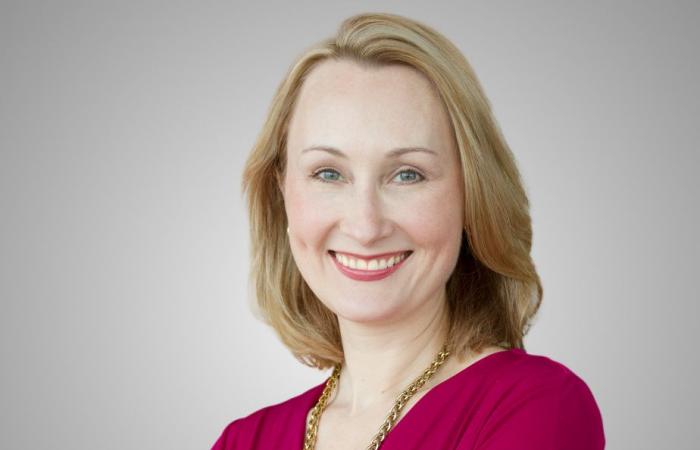Australia’s recent decision to ban social media for children under 16 is a bold step that recognizes the growing dangers of accessing social media for younger people.
Published at 6:00 a.m.
The statistics are alarming: teens who spend more than three hours a day on social media are twice as likely to suffer from depression and anxiety. They are more victims of body image concerns, eating disorders, low self-esteem, sleep disorders and concentration problems1.
Adolescent brains are particularly vulnerable because they are still developing. Social media algorithms exploit this vulnerability and create addiction with harmful effects, which can even lead to the appearance of uncontrollable physical or verbal tics.
You’d think everyone would welcome the Australian ban. However, this is not the case. Critics raise concerns about potential unintended consequences, such as isolation of marginalized teens2particularly LGBTQIA+ youth, who could lose access to essential support networks. They also fear that the application of this ban will lead to increased collection of personal data and result in an infringement of the right to privacy. Elon Musk, owner of
But limiting young people’s access to activities deemed dangerous or inappropriate for their development is not without precedent. Young people generally cannot drive before age 16 or vote until age 18, for example.
Isn’t it hypocritical to grant them unlimited access to the “information superhighway”, an area filled with dangers far more insidious than those posed by automobile accidents? Isn’t it crazy to give a 12-year-old a smartphone with unlimited access to social media, day and night, and expect them to manage it securely? And that he turns off his phone himself in the evening to ensure restful sleep?
Quebec has always been a leader in adopting measures to preserve the well-being of its young people. Since 1980, the province has banned advertising aimed at children under 13, and remains to this day the only Canadian territory to do so. Banning social media for children under 16 would be a further demonstration of this commitment. Quebec would thus recognize the challenges that young people face in the digital age and help them to better flourish.
Although many people want to limit younger people’s access to social media, many critics argue that a ban would be impossible to enforce. Jason Hannan, a communications professor at the University of Winnipeg, says bans are ineffective because teens will always find ways to get around the restrictions. Instead, he advocates investing in better public education and awareness about the use of social media.
But the best solution remains much less costly, both for the State and for parents: not buying smartphones for children under 16. And regulate the use of tablets and computers at home, where time restrictions and parental controls are more easily manageable. Parents can opt for flip phones (“dumbphones”) with which their child under 16 can call and text, but does not have access to the internet.
Impossible, you say? Not really. At home, for example, we waited until my daughter started high school, at age 14 in Ontario, before giving her an iPhone last year. Access to social networks is limited thanks to parental control settings.
My daughter considers her cell phone a privilege, not an acquired right. In hindsight, I wish she had kept her phone without internet access for two more years. But the “social pressure” was definitely there for her to acquire a smartphone.
However, this pressure is also commercial: telecommunications companies bombard us with their “family packages” which include smartphones. Should we ban these incentives for minors, as we do with other advertisements? This is not about depriving children of their right to communicate, but about protecting them from the proven dangers of social media and fostering an environment where they can develop without the pressures of online life.
It is possible to resist the outsized influence of tech giants – and of our teenagers who pester us for a new phone. This policy change is not just about parenting; it’s about recognizing, as a society, that the mental and emotional health of our young people must come first. Australian elected officials understand this. Ours should too.
1. Check out the Cleveland Clinic article “How Social Media Can Negatively Affect Your Child”
2. Lisez l’article de Global Media « As Australia eyes social media ban, why experts say there’s no easy answer » (en anglais)
What do you think? Participate in the dialogue






